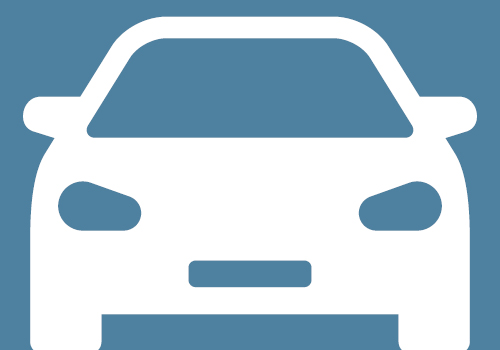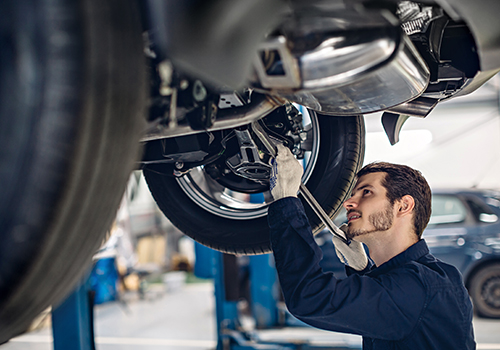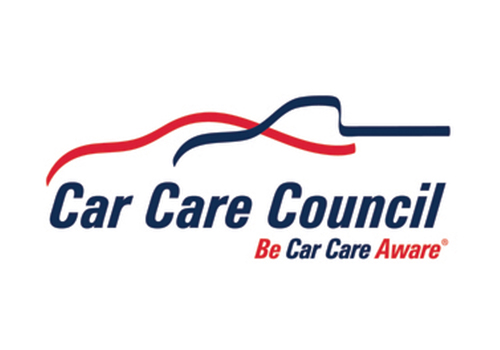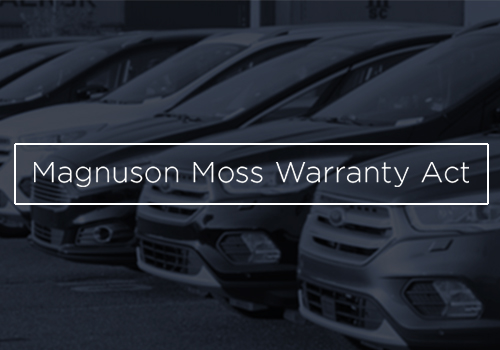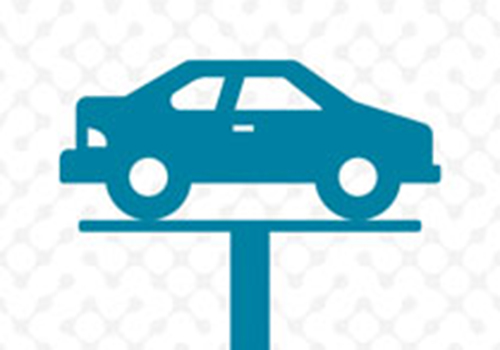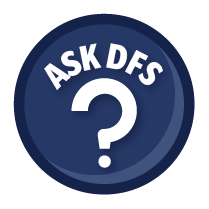Magnuson Moss Warranty Act
Keeping Your Vehicle Warranty Intact: Your Responsibility as a Vehicle Owner
As a vehicle owner, you want to ensure your factory/dealer warranty stays intact. You ensure routine maintenance such as oil changes, tire rotations and belt replacements, and repairs are completed timely. Did you know that routine maintenance and repairs can be completed at a certified, independent repair shop and your warranty remains valid?
The Magnuson Moss Warranty Act outlines the requirements of a warrantor and explains that consumers are not required to use branded vehicle parts or complete repairs at a dealership to maintain the warranty. Independent repair shops can service the vehicle.
Review the resources below to learn more about the Magnuson Moss Warranty Act and how it impacts consumers.
What is the MAGNUSON MOSS WARRANTY ACT, and How Does it Impact You?
CARE CARE TIPS: Your warranty explained.
Know what to look for to determine if you are being misled about your vehicle warranty. Review these helpful tips to maintain your warranty.
CAR CARE COUNCIL. Be aware! Keep your vehicle safe, dependable and on the road longer.
Magnuson Moss Warranty-Federal Trade Commission Improvements Act
Federal Trade Commission's Auto Repair Basics Guide
What is the Magnuson Moss Warranty Act and how does it affect me?
The The Magnuson Moss Warranty Act is a consumer protection law enforced by the Federal Trade Commission. The federal Act outlines the clear and easy-to-understand terms that a written warranty must include such as:
Who is covered by the warranty
A clear description and identity of what’s covered
Responsibilities of the warrantor and the consumer, including where and how repairs and maintenance can be performed
Warranty expiration
Ways to handle disputes with the warrantor
For more information on the Act, visit the Federal Trade Commission’s website and view the Car Care Council’s video.
What is the difference between aftermarket and original equipment manufacturer (OEM) parts?
OEM parts are produced by or for the vehicle manufacturer and are labeled with the name of the manufacturer. Aftermarket parts are produced independently of the vehicle manufacturer and are labeled under the brand name of the manufacturer of the part.
Do aftermarket parts meet OEM specifications?
Some aftermarket parts meet or exceed the requirements of OEM parts. If you have questions regarding the quality of a part, you should confer with your repair shop or the salesperson who sells you the part at a parts retailer.
Am I required to follow the manufacturer's maintenance schedule in order to maintain my factory/dealer warranty?
Yes. You should follow the manufacturer's routine maintenance schedule; however, you can have your vehicle maintained at any certified repair shop. You are not required to obtain non-warranty-related services at the dealership.
What is the difference between my manufacturer/dealer warranty and my insurance policy?
There are many differences between a warranty and insurance. The major difference is that a warranty covers certain mechanical breakdowns, and the parts and labor repair cost. Insurance coverage helps to repair your vehicle if it’s damaged by a specific cause such as an accident, theft, etc.
For specifics on your warranty, contact the manufacturer or dealer; for more information on your insurance policy, contact your insurance agent.
Do repairs that are covered by the warranty have to be completed at the dealership?
The manufacturer or dealer may require consumers to use select repair shops if the services are provided for free under the warranty. However, you can have your vehicle serviced at any certified repair shop for non-warranty repairs. You are not required to obtain service at the dealership.
If I do not get my vehicle serviced at a dealership, how will I be able to prove I have done the recommended maintenance on my car?
Record all maintenance and repairs that are completed on your vehicle and save the receipts for the service. Ensure the receipts are clearly dated and list an accurate description of the parts supplied and service performed. It is important to remember that the manufacturer or dealer, and not the consumer, is responsible for demonstrating that a failure due to use of a non-OEM related part or service, actually caused the failure.
Additional Resources
Aftermarket Parts: Aftermarket parts are designed similarly to Original Equipment Manufacturer (OEM) parts and may meet the requirements; however, they may not be the exact measurements.
As-Is Vehicle Purchase: With an as-is purchase, once you leave the dealership, all repairs and maintenance are the owner’s financial responsibility. There is no warranty to assist with the cost of repairs.
Automobile Insurance Policy: An automobile insurance policy is a contract between you and the insurance company. Insurance coverage helps to repair your vehicle if it’s damaged by a specific cause such as an accident, theft, etc.
Automobile Insurance Warranty/Automobile Extended Warranty/Motor Vehicle Service Agreement/Auto Service Contract: A contract between you and the insurance company. This warranty helps cover repairs to your vehicle if damaged by specific causes of loss such as mechanical failures. The warranty usually goes into effect after the manufacturer/dealer warranty expires.
Certified Repair Shop: Per the Florida Motor Vehicle Repair Act, anyone/shop that is paid to repair motor vehicles owned by others is required to register with the Florida Department of Agriculture and Consumer Services (FDACS). Persons or companies that repair their own vehicles or those who repair only vehicles that are used for agricultural or horticultural purposes are exempt.
Florida’s New Car Lemon Law: Florida’s Lemon Law covers defects or conditions that significantly impact the use, value or safety of a new or demonstrator vehicle. You should report the issues to the manufacturer or its authorized dealer during the "Lemon Law Rights Period," which is the first 24 months after the date of delivery of the vehicle.
After repeated unsuccessful attempts to repair the defects, the manufacturer must buy back the vehicle and issue a refund. Attempts to repair include if you have taken the vehicle for repair for the same issue at least three times, or if the vehicle has been in and out of the repair shop for one or more different issues for 15 or more cumulative days.
The Lemon Law does not cover defects caused by an accident, neglect, abuse, modification or alteration.
For more information on Florida’s Lemon Law, please visit the Attorney General’s Office’s website.
Licensed Car/Vehicle Dealership: A dealership licensed by the Florida Department of Highway Safety and Motor Vehicles. The licensed dealer must adhere to state and federal laws regarding vehicle sales and other transactions.
Magnuson Moss Warranty Act: The Magnuson Moss Warranty Act is a consumer protection law enforced by the Federal Trade Commission. The federal Act outlines the clear and easy-to-understand terms that a written warranty must include such as:
- Who is covered by the manufacturer/dealer warranty
- A clear description and identity of what’s covered
- Responsibilities of the warrantor and the consumer, including where and how repairs and maintenance can be performed
- Warranty expiration
- Ways to handle disputes with the warrantor
Manufacturer/Dealer Warranty (New Vehicle Warranty): A warranty is a contract between the manufacturer/dealer and the buyer. It covers certain mechanical breakdowns, and the parts and labor repair costs.
Original Equipment Manufacturer (OEM) Parts: OEM parts are designed at specific measurements to meet the original engineering design.
Routine Maintenance: Routine maintenance is required to ensure your vehicle maintains its effectiveness. Routine maintenance includes services such as oil changes, belt changes, tire rotations, etc.
Routine Maintenance Schedule: A schedule outlined by the manufacturer in which specific repairs or maintenance should be completed to maintain the vehicle’s effectiveness.

